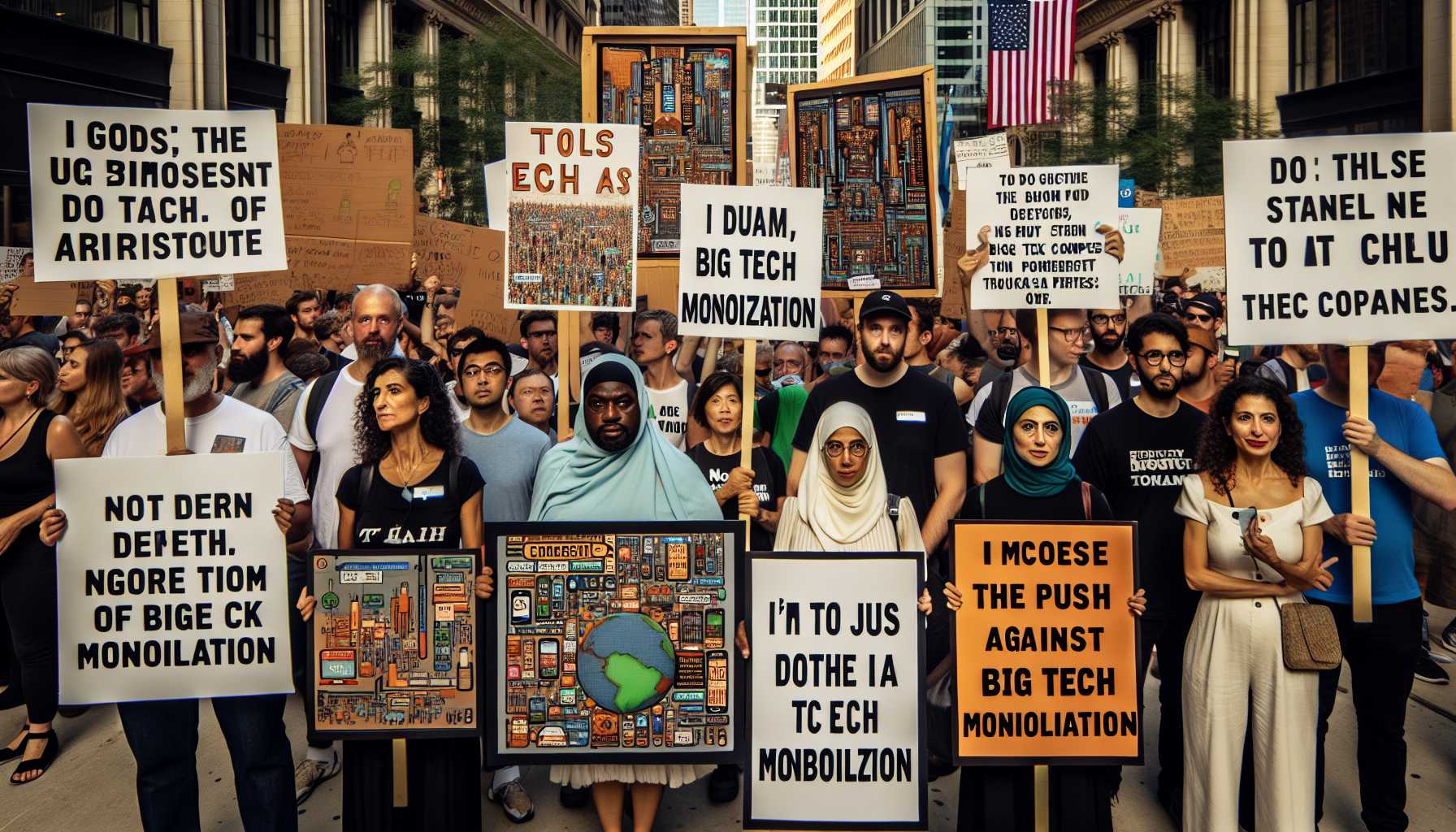Introduction: A New Nominee on the Horizon
With President Joe Biden stepping out of the race, the political landscape is heating up with Vice President Kamala Harris emerging as a potential Democratic nominee. In his announcement, Biden endorsed Harris, stating his full support for her as the party’s nominee. Harris, in turn, has expressed her determination to win this nomination. However, the waters remain murky as other Democratic contenders may vie for the nomination, either at an open convention or through alternative selection processes.
Harris’ Roots Deep in the Bay Area and Tech Sector
Kamala Harris, born in Oakland, has deep-rooted connections to the Bay Area and the tech industry. Her political journey took her from serving as San Francisco’s district attorney to becoming California’s attorney general before her election to the Senate in 2016. Early in her career, she received backing from notable venture capitalists like John Doerr and Ron Conway. In her presidential bid, LinkedIn co-founder Reid Hoffman swiftly endorsed her, signaling significant industry support. However, some industry critics argue that Harris did not adequately curb the growing power of tech giants during her tenure as attorney general. Despite this, she has demonstrated a willingness to criticize tech CEOs and call for increased regulation. As a senator, she actively pressed major social networks on tackling misinformation.
The Debate on Breaking Up Big Tech
In the heat of the 2020 presidential campaign, when Elizabeth Warren called for the breakup of giants like Amazon, Google, and Facebook, Harris took a divergent stance. She advocated for regulation ensuring that American consumers’ privacy was not jeopardized. This approach balanced consumer protection and innovation, highlighting her pragmatic regulatory philosophy. As a tech investor, I find Harris’ stance intriguing—the idea of regulation over dismantling aligns with a sustainable growth model. Instead of fracturing influential companies, fostering a controlled environment could lead to safer tech advancements and sustained market dynamics.
Regulating Artificial Intelligence: A Balancing Act
Vice President Harris has addressed the dual challenges of protecting the public while advancing innovation, particularly in the realm of Artificial Intelligence (AI). Following President Biden’s executive order urging companies to establish new standards for AI development, Harris underscored the necessity of more substantial regulatory measures. Her statement that voluntary commitments from tech companies are only initial steps towards a safer AI future resonates with the tech community’s call for responsible AI use. From an investor’s viewpoint, ensuring these developments help maintain ethical standards can enhance consumer trust, driving long-term growth. However, critics like venture capitalists Marc Andreessen and Ben Horowitz express concerns about potential overregulation stifling innovation. Supporting Donald Trump, they argue for a lighter regulatory hand. Balancing innovation and regulation is indeed a tightrope walk—one that demands meticulous oversight to nurture innovation without compromising public safety.
National Security Concerns and the TikTok Debate
The ongoing debate around TikTok, owned by ByteDance, reflects Harris’ nuanced approach to tech-related national security. She advocates addressing the owner’s security concerns rather than outright banning the platform. This stance underscores her preference for targeted regulatory actions over blanket bans, promoting a solution-focused dialogue within the industry. For investors, such a balanced approach minimizes market disruptions and fosters an environment conducive to strategic solutions that protect national interests without stifling innovation.
The Cryptocurrency Conundrum
While Harris has been relatively quiet on cryptocurrency issues, she is likely to align with the Biden administration’s regulatory stance. The evolving crypto landscape demands clear guidelines to prevent misuse while encouraging legitimate growth and innovation. As a tech investor, a stable regulatory framework could signify a safer investment environment, mitigating risks associated with the crypto market’s volatility.
Conclusion: Navigating the Future
As Kamala Harris potentially steps into the Democratic nominee role, her tech sector approach will critically shape future policies. Her tendency towards balanced regulation, focus on consumer protection, and nuanced handling of national security issues reveal a pragmatic outlook. In the fast-evolving tech world, Harris’ policies could steer the tech industry through a harmonious path of innovation and regulation. Whether her approach will ultimately foster an environment where tech can thrive while safeguarding public interests remains a key topic for ongoing discourse.






